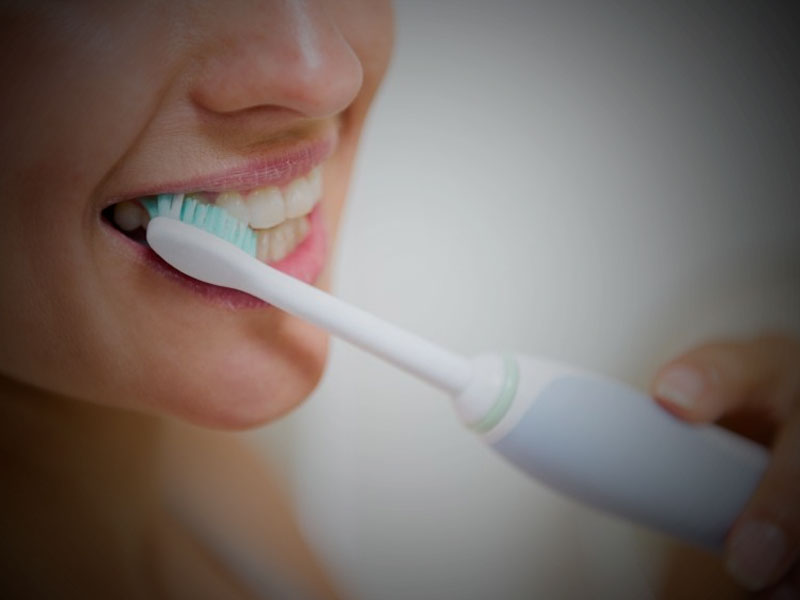A smart brush is an advanced toothbrush that has technology built into it to help users monitor and improve their dental hygiene. These high-tech devices come with a range of features, including Bluetooth connectivity, pressure sensors, and timers, to provide users with real-time feedback on their brushing habits. While smart brushes offer several benefits, they also come with some potential drawbacks. In this article, we will explore the pros and cons of using a smart brush.
Pros:
- Better Oral Health: Smart brushes can help improve oral health by providing users with real-time feedback on their brushing habits. They can detect the areas that need more attention and ensure that users are brushing for the recommended two minutes.
- Built-in Sensors: Smart brushes come with sensors that can detect how much pressure is being applied to the teeth and gums. They alert users when too much pressure is being applied, which can help prevent gum damage and tooth sensitivity.
- Improved Connectivity: Many smart brushes come with Bluetooth connectivity, which allows users to track their brushing habits and receive personalized recommendations for their dental health.
- Easy to Use: Smart brushes are often easy to use, with simple interfaces and easy-to-understand instructions.
Cons:
- High Cost: Smart brushes can be expensive, with some models costing several hundred dollars. This high cost may make them less accessible to people on a budget.
- Reliance on Technology: Smart brushes rely on technology to function, which means they can malfunction or require regular software updates. This may be frustrating for some users who prefer a more traditional toothbrush.
- Battery Life: Smart brushes require regular charging, which can be inconvenient for users who travel frequently or forget to charge their toothbrush regularly.
- Privacy Concerns: Smart brushes collect data on users’ brushing habits, which may raise privacy concerns for some individuals.
In conclusion, smart brushes offer several benefits for users looking to improve their dental hygiene. They provide real-time feedback on brushing habits, detect pressure and alert users to apply less pressure, offer improved connectivity, and are easy to use. However, the high cost, reliance on technology, battery life, and privacy concerns may be potential drawbacks to some users. Ultimately, the decision to use a smart brush or a traditional toothbrush is a personal one, and users should weigh the pros and cons before making a choice.







